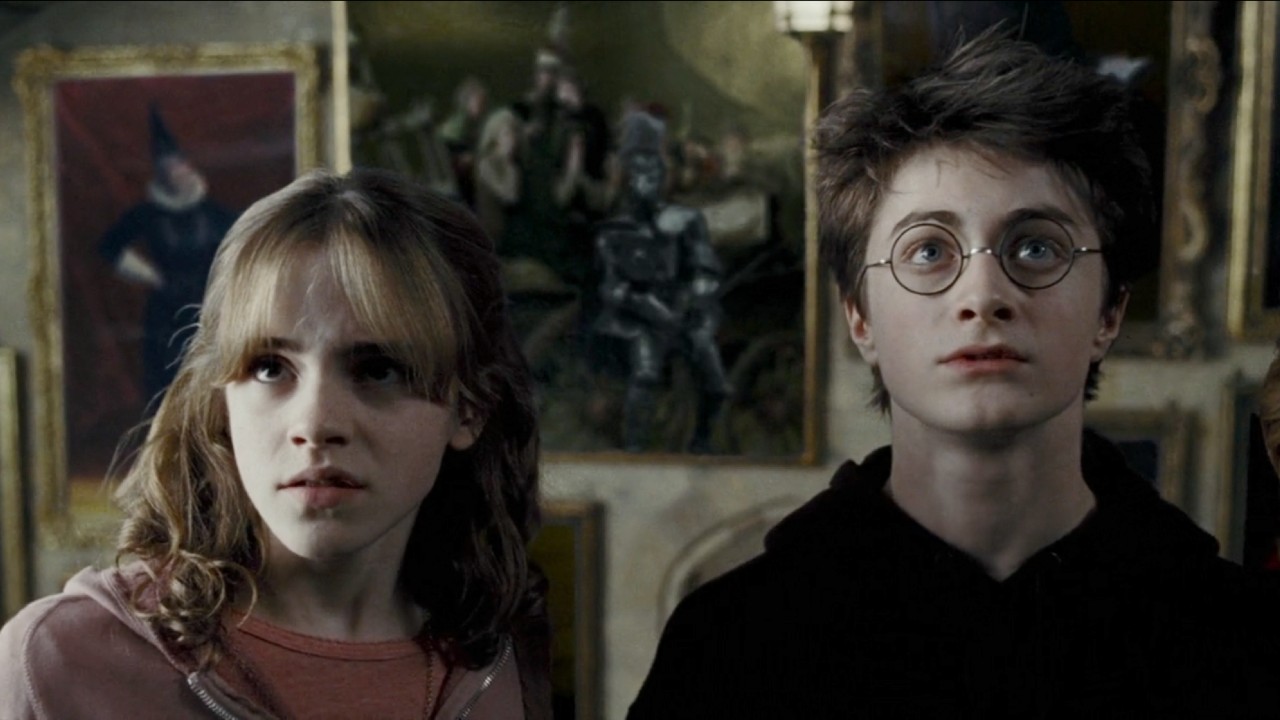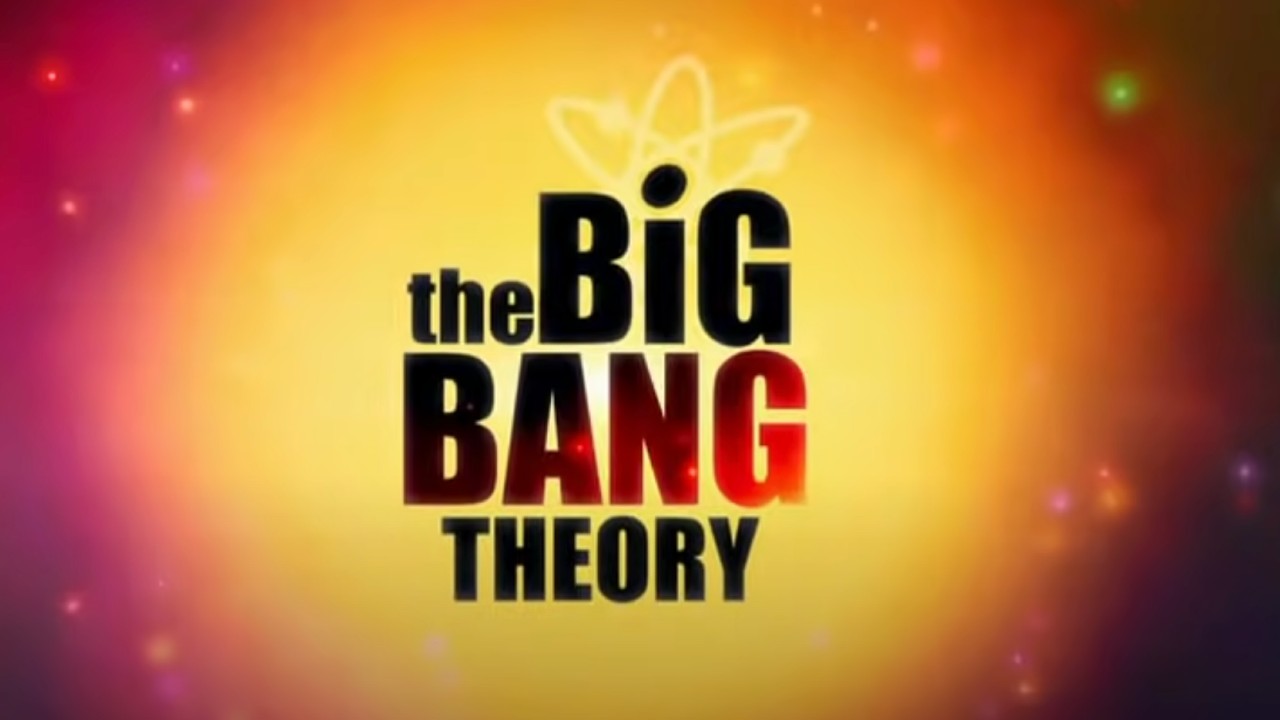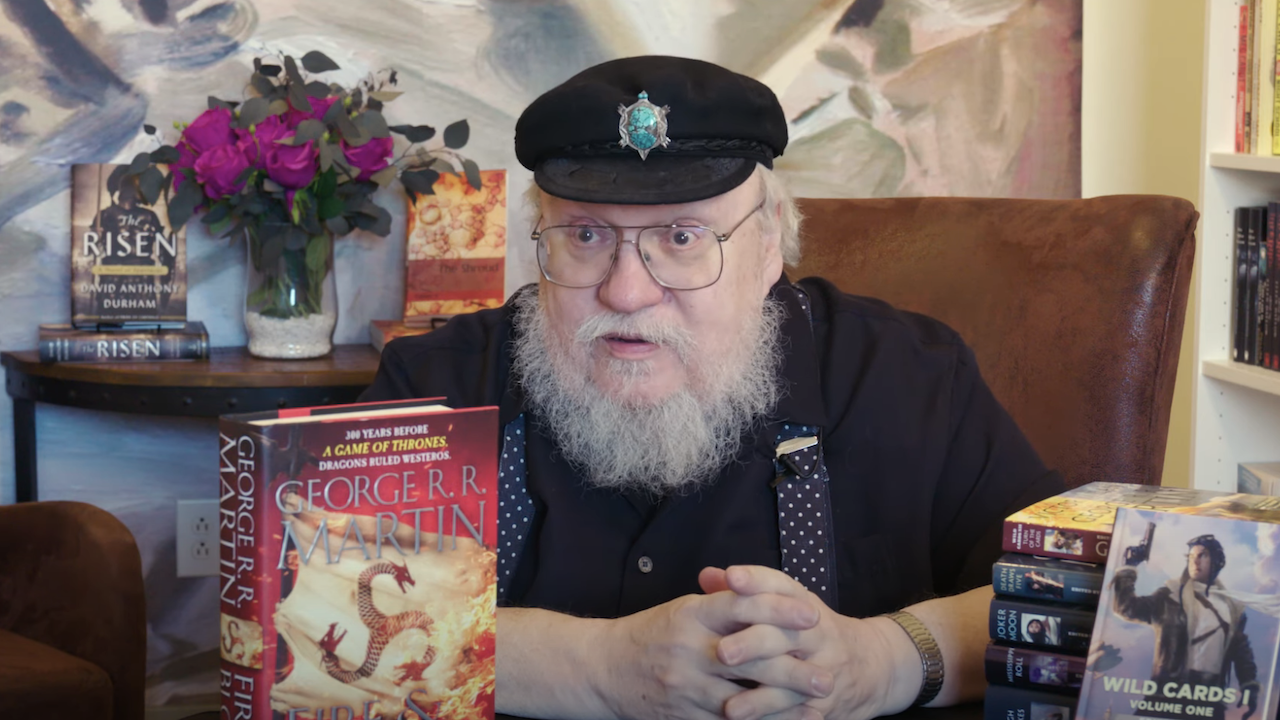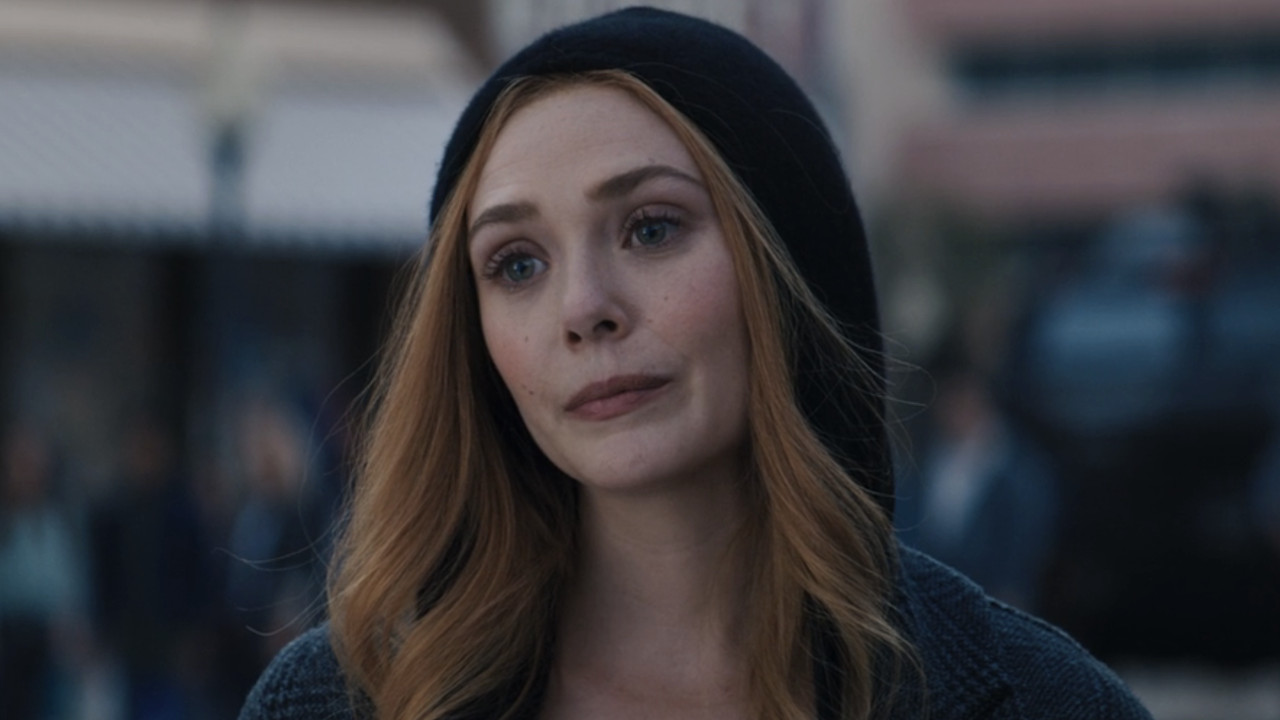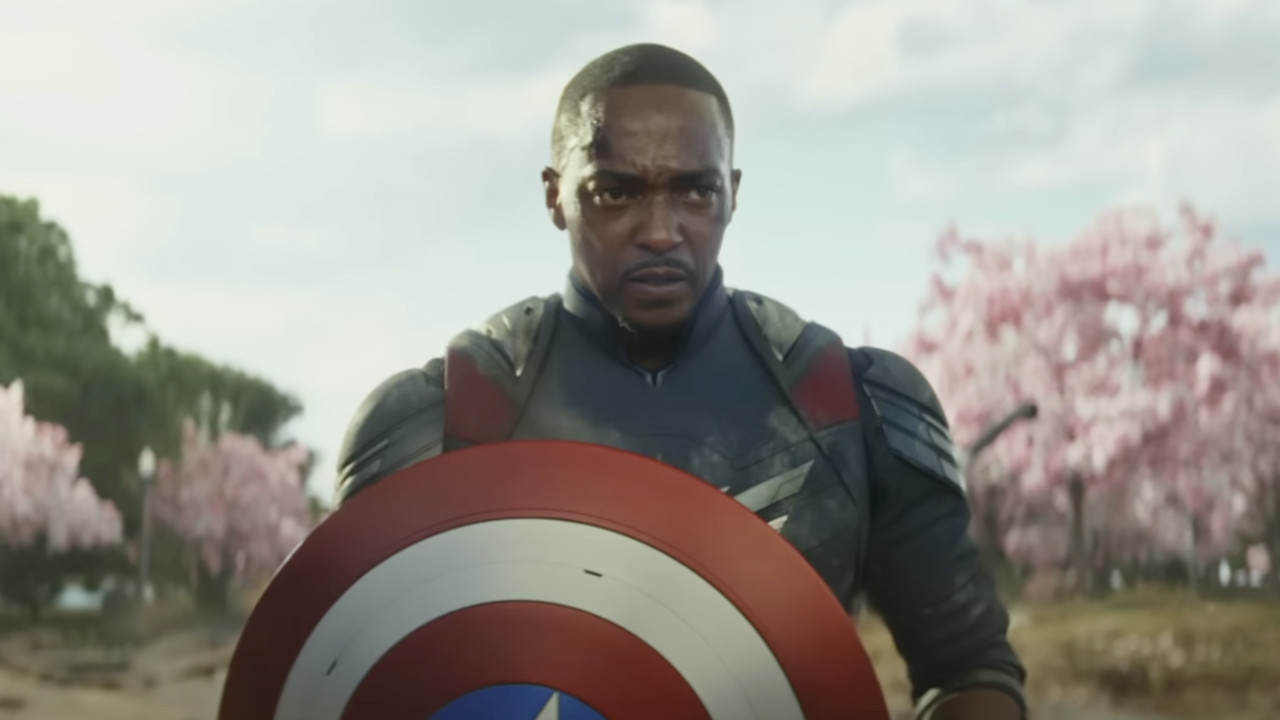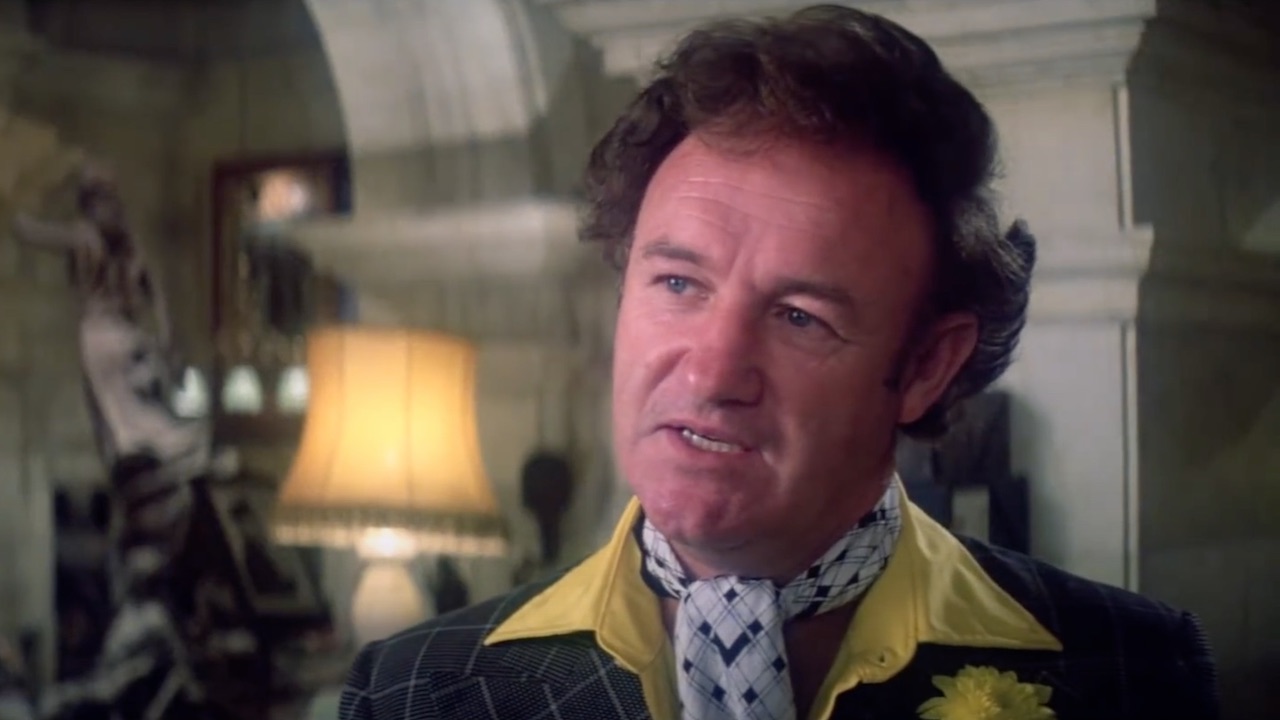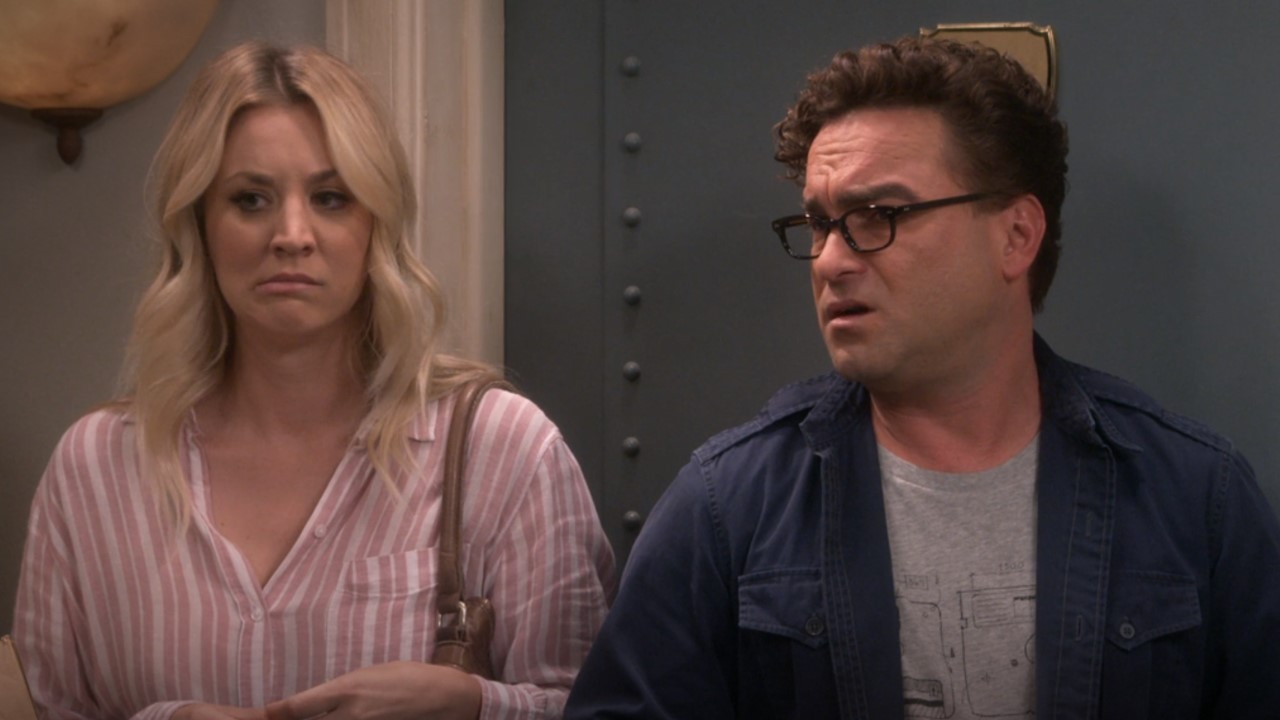Interview: Director Bennett Miller On Telling A Baseball Story Without A Big Win In Moneyball
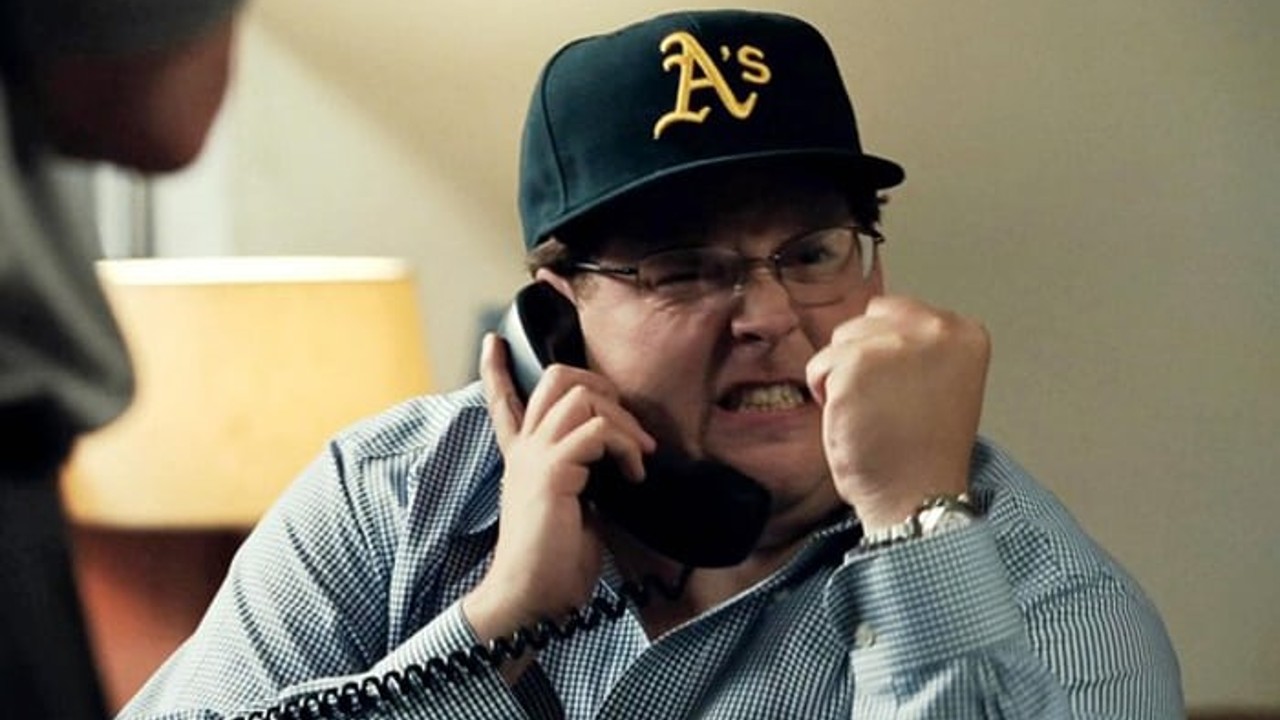
When Sony pulled the plug on Steven Soderbergh's planned adaptation of Moneyball just days before production was to start, then handed the project over to Capote director Bennett Miller, it seemed fair to worry that the studio had brought in a less-established director who they could boss around and force to make a very traditional, very dull sports movie. But there's a reason that Miller spent a long five years before picking his Capote follow-up-- he's a very picky, very thoughtful director who knew that a traditional sports narrative was the last thing Moneyball needed. In fact, he was so wary about falling into the usual traps that he avoided even showing the action on the baseball field until the film's third act.
I talked to Miller during what must have been an exhausting jaunt through the Toronto Film Festival, just a few weeks before Moneyball was set to open in theaters (it's out starting tomorrow). He opened up about how he and Brad Pitt decided a common goal for telling the story of Billy Beane and the Oakland A's, how Beane's personal story is what defines the film, and why he did eventually relent and show off the bright stadium lights and green grass iconography and baseball that we all know and love. Take a look below, check out my review of the film if you're so inclined, and catch Moneyball in theaters this weekend.
The way that you came on board this was not just unusual but very public. At what point after the Soderbergh version fell apart did you come into this?
To be totally honest I don't know the timing. I don't remember when it was that the previous thing ended. After it had, there was a renewed effort that must have gone for some months before I ever came on. I don't remember where it was at that point.
And when you started becoming interested in it, what got you on board?
It was not a love at first sight kind of thing. There was a lot to look at and a lot to read and absorb. Brad was the one who was passionate about it and driving the effort to keep this alive and get it done. I sat with him and flew out to LA, we had a long talk, and discovered that there was a common interest.
Was there a primary thing that you both realized you wanted to get out of this story, and that was where your thought process kind of merged?
CINEMABLEND NEWSLETTER
Your Daily Blend of Entertainment News
One thing is that we both recognized that there's really two films going on, there's two stories. The story of a guy who thinks he's trying to win baseball games and thinks that's what he really wants, and we were both focused and concerned on the undercurrents, and what's happening beneath the surface.
For Billy Beane personally?
Yeah. And as it happens, also like Brad, and honestly probably for most people, you have a public self, a public face. Then you've got a private reality that's somewhat masked by the public image. I think that the superficial story of a guy trying to put together a baseball team that's going to win on a low budget, it's a nice structure and it's the stuff that you can make a movie about. But it was the quieter thing that's never really explicitly stated in the movie, but it's what it's all about, that this is a guy who's trying to remedy something from his past, that he has his own personal, private reasons that are driving him and make him desperate to accomplish something. There's a line in Michael Lewis's book about Billy wondering if there was another life that he was supposed to be living. When he was a kid, like 17 years old, he had to make a decision--
Going to Stanford vs. joining the pro leagues?
Yeah. I think when his life did not turn out the way he expected it to turn out, he looked back and began to question the decision he made and the truth about himself and this world, baseball, that he had spent his life in. I thought that was more the hook for me.

His internal struggle, and his personal story, it makes Brad Pitt's performance really interesting. The leading man role can turn out really bland, but he's really interesting-- how did you guys work together to bring that out?
I think you begin just in the abstract, what is essentially going on, what's happening in the scene? I want to get this player, or I'm studying to see information about this player or that player. That's the action, that's what's happening. But if you understand that at this point you are, as things after a long stretch of going badly, if things begin to turn around, how does this guy react to it. The truth is that instead of relaxing into it and being OK, he really becomes hungrier and more desperate and more of a bull. With success does not come relief, but comes an amplification of his need.
And is that the way to deal with the end of this story not really being the classic story arc? You end with your main character still searching.
The fact that he does not have that big, traditional sports movie end is a great thing. I don't think that there would be a movie--
I don't think he would be the same Billy Beane if that happened.
And how would you relate to that guy who has the big win? Because that's not life, and that's not something you can really relate to. There isn't a finish line to these things, there isn't a conclusion, isn't an event at which point you kiss a frog and it becomes a prince and you're happy. And how many times have you seen that before? There is a triumph in the movie, but it doesn't burn as bright and fast as something like that. It's not this ephemeral thing. It's a quieter, more private, deeper, personal, long-lasting, altering the course of his life by a little bit.
When you get to the big game, you have a few moments to use those iconic baseball images, like the flag unfurling or the view from behind home plate. Were you being careful not to overuse it?
You can very easily be desensitized to the other things that are going on if you just surrender to the tropes and the genre of baseball. If you really indulge in all of that and go for that sentiment and push those buttons, it's hard to undo that. Once you tip over into that place, I think it happens at the expense of the other frequencies that the movie is hopefully communicating on.
But you use it a little bit, when you could have kept our perspective on the game entirely with Billy in the weight room?
But those things are part of the game. That color guard ceremony, that's real. And it's fascinating. It is part of it all. It's not like we went overboard with it at all. To me it feels like an honest brush stroke and a reminder of where they're at.
Staff Writer at CinemaBlend
‘You May Lose Your Fan Favorite’: Chicago Fire’s Eamonn Walker Explained How Serious The Crisis Had To Be To Bring In Boden, And I’m Nervous
The Stars Of Black Mirror’s Common People Have Their Own Theories On What That Bleak Ending Really Means, And I Loved Seeing Them Figure It Out In Real Time

